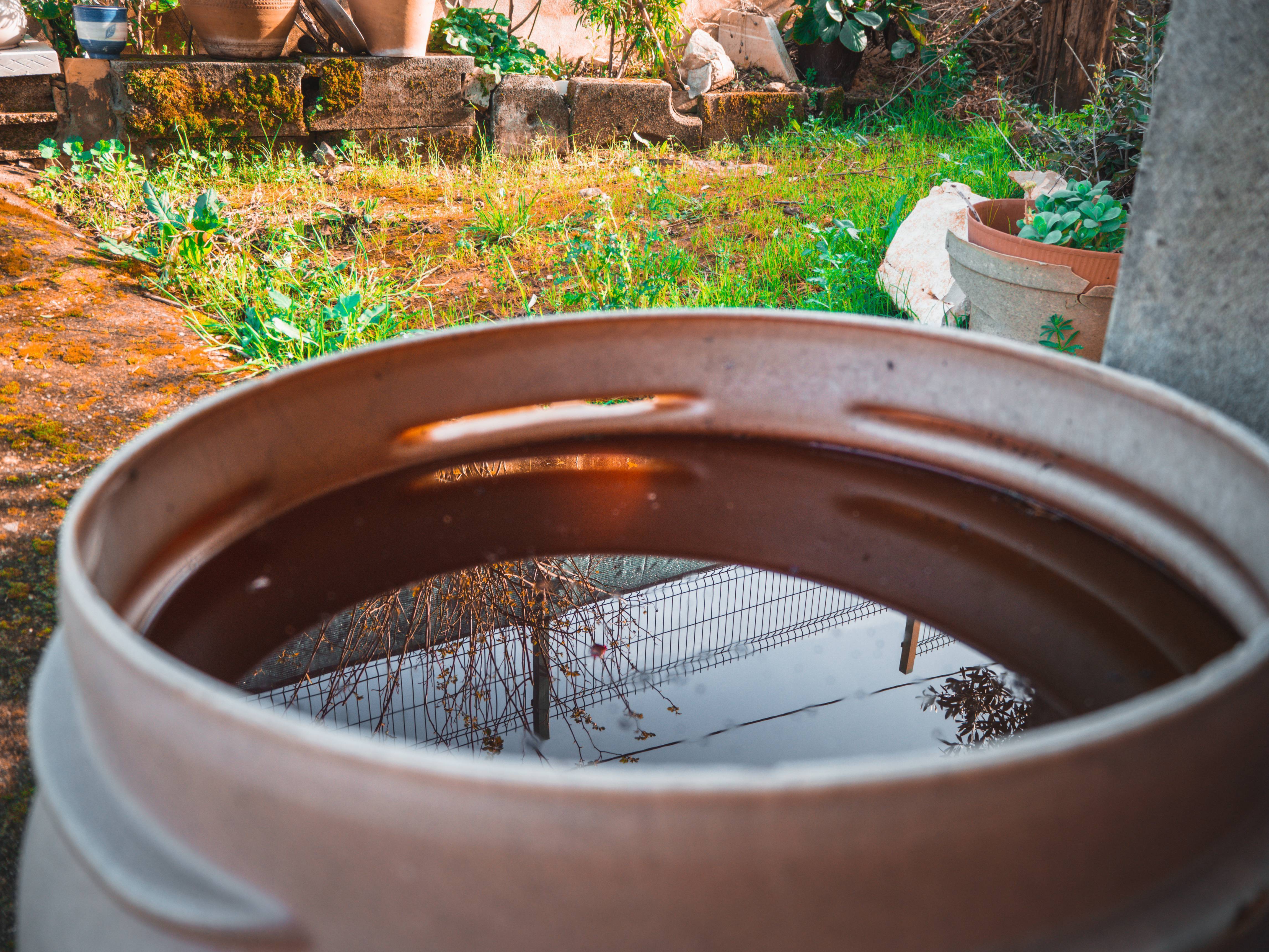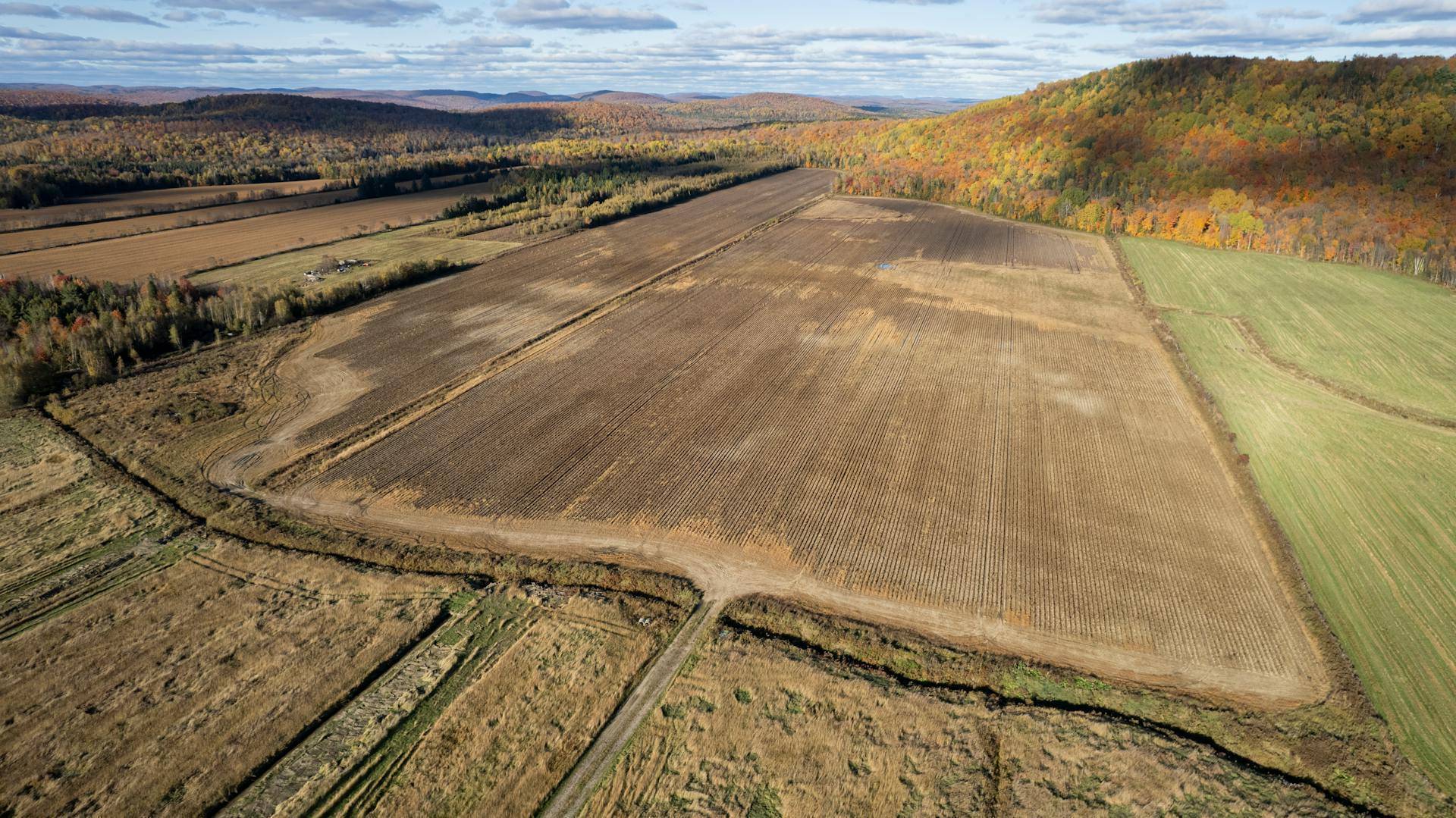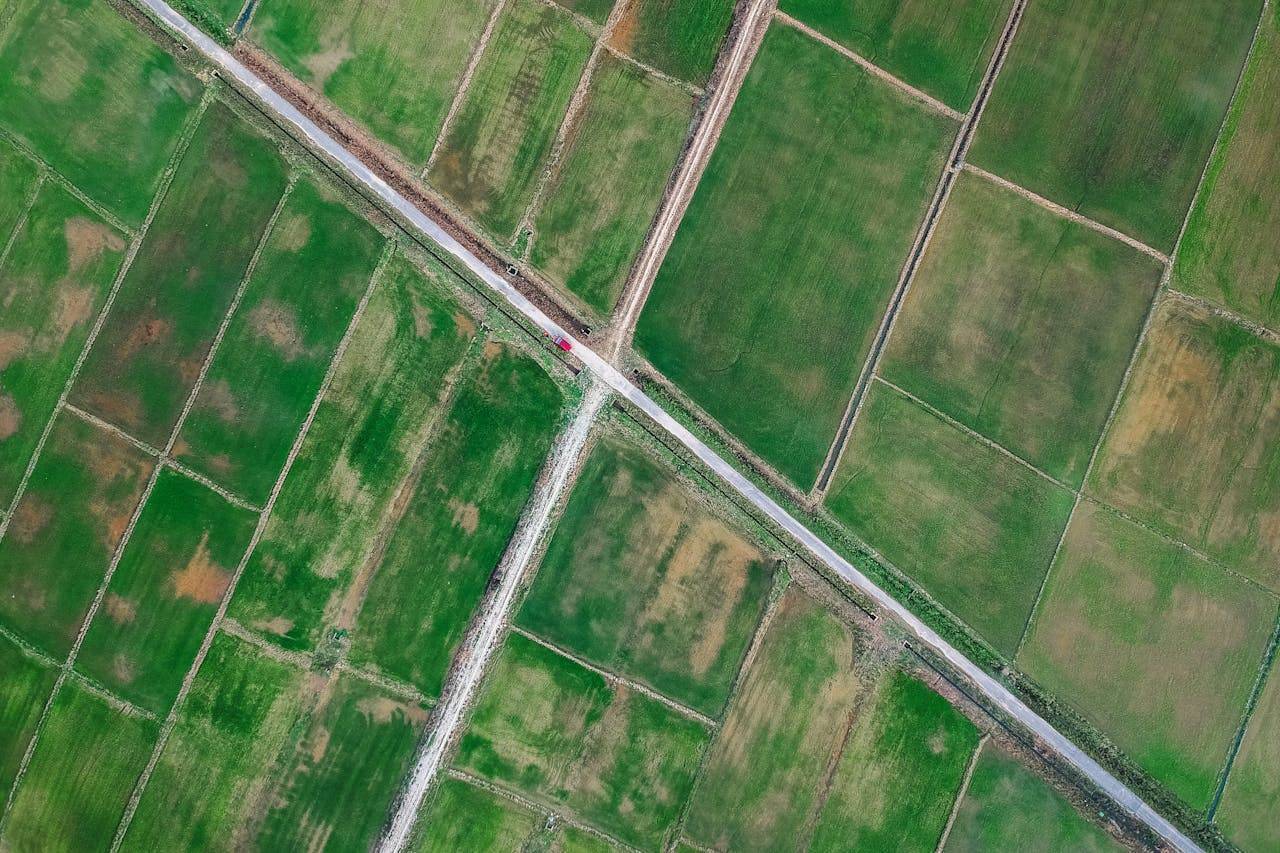The Hyderabad Metropolitan Water Supply & Sewerage Board (HMWS&SB) has announced that it will serve notices to over 17,000 property owners in Hyderabad who have not installed rainwater harvesting systems. Property owners who do not comply by December 31, 2024, will face a penalty in the form of double charges for water tanker services starting January 1, 2025.
This move is part of an ongoing initiative aimed at improving water conservation and enhancing groundwater levels across the city. The decision follows a survey conducted by the water board, which identified 42,000 buildings in need of rainwater harvesting systems, particularly those with plot areas of 300 square meters or more.
The Need for Rainwater Harvesting
Rainwater harvesting systems are crucial for managing water resources, especially in urban areas where the demand for water is high. As water supply systems face increasing pressure, rainwater harvesting offers an alternative method to capture and store rainwater for non-potable uses, such as gardening, cleaning, and flushing toilets. This helps reduce reliance on municipal water systems and contributes to replenishing local groundwater levels.
In Andhra Pradesh, the Water, Land, and Tree Act (APWALTA) 2002 originally required rainwater harvesting structures for properties with plot areas larger than 200 square meters. Over time, this requirement was modified to 300 square meters or above, making it applicable to a larger number of buildings. Despite the regulation, many properties still lack these essential systems or have failed to maintain them properly.
The Role of HMWS&SB
The Hyderabad Metropolitan Water Supply & Sewerage Board (HMWS&SB) is tasked with managing the city's water supply, and the new policy aims to encourage property owners to comply with the rainwater harvesting requirements. After conducting a survey that began in June 2024, the water board identified 42,000 buildings in need of rainwater harvesting structures. To date, 22,000 buildings have installed such systems, while 17,000 properties remain non-compliant.
The water board is now actively sending notices to these non-compliant property owners. The notices inform them that despite having water connections, many residents have been requesting water tankers, indicating a shortage of water or issues with existing rainwater harvesting systems. The notices instruct property owners to either install new rainwater harvesting structures or repair and maintain their existing systems to bring them up to standard.
Compliance Measures and Penalties
The water board’s consultant, J Sathyanarayana, clarified that this is the first time notices are being sent to property owners who lack rainwater harvesting pits. He stated that out of the 42,000 buildings identified in the survey, 39,000 properties have already been assessed, with the remaining evaluations expected to conclude soon. Property owners who have not installed or repaired their rainwater harvesting systems will face double charges for water tanker services from January 2025.
The water board has emphasized that this measure is essential to promote water conservation and ensure the sustainability of the city’s water supply. The penalty aims to encourage compliance by creating a financial incentive for property owners to install or maintain rainwater harvesting systems. Additionally, the board is urging property owners to ensure that their systems are in working order, as many of the existing systems are reported to be non-functional or poorly maintained.
The Condition of Existing Systems
The survey also revealed significant differences in the maintenance of rainwater harvesting systems across various types of properties. Large gated communities and apartment complexes were found to have well-maintained systems, while many other residential buildings, including individual homes and smaller buildings, were either lacking such systems or had systems in poor condition. This discrepancy highlights the need for consistent enforcement of the regulations to ensure that all properties contribute to water conservation efforts.
The water board is not only focusing on new installations but also on the maintenance of existing systems. Property owners who already have rainwater harvesting systems are required to ensure that they are functional. If systems are found to be defective or deteriorating, they must be repaired or replaced.
Encouraging Water Conservation
The move by the HMWS&SB to enforce rainwater harvesting is a part of broader efforts to tackle Hyderabad’s growing water scarcity issues. With rapid urbanization and increasing water demand, it is crucial to find sustainable solutions for water management. Rainwater harvesting, by capturing and storing rainwater, reduces the burden on the city’s water supply and helps replenish underground aquifers.
The initiative is also expected to play a key role in mitigating the impacts of climate change. As the frequency and intensity of rainfall patterns change, having functional rainwater harvesting systems in place will help communities better manage water resources and adapt to varying weather conditions.
As the deadline for compliance approaches, property owners are urged to take immediate action to avoid penalties. The HMWS&SB is determined to ensure that all properties meet the requirements for rainwater harvesting, as part of the city's long-term goal of sustainable water management.
Image source-.freepik.com









.png)